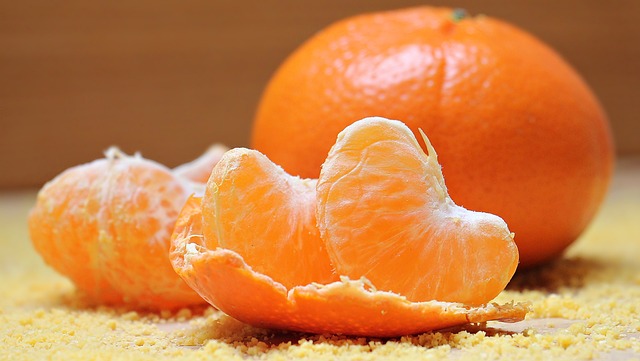Fermentation and Kombucha: Are They Really Probiotic Powerhouses?
Probiotics are all the rage these days, and for good reason. Research has shown that these live microorganisms can help improve digestion, boost the immune system, and even promote mental health. There are many sources of probiotics, including fermented foods and drinks like kombucha. But are these foods really probiotic powerhouses, or is the hype just a marketing ploy? Let’s take a closer look at the science behind fermentation and kombucha.
What is Fermentation?
Fermentation is a process by which bacteria, yeasts, or other microorganisms break down carbohydrates (such as sugars) in food or drink. This process results in the production of compounds like lactic acid, acetic acid, and alcohol, which give fermented foods their characteristic tangy or sour taste. Some common examples of fermented foods include yogurt, kefir, kimchi, sauerkraut, and pickles.
One of the primary benefits of fermented foods is their ability to add beneficial bacteria to the gut. These bacteria, also known as probiotics, can help improve digestion and support a healthy immune system. Additionally, fermentation can help increase the availability of nutrients in foods, making them more easily absorbed by the body.
What is Kombucha?
Kombucha is a type of fermented tea that has gained popularity in recent years. It is made by adding a symbiotic culture of bacteria and yeast (called a SCOBY) to sweetened tea and allowing it to ferment for several days to several weeks. The result is a slightly effervescent drink with a tangy, slightly sweet taste.
Proponents of kombucha tout its potential health benefits, including improved digestion, immune support, and detoxification. However, there is limited scientific evidence to support these claims.
Does Fermentation and Kombucha Really Provide Probiotics?
While there is certainly some truth to the claims about the benefits of fermentation and kombucha, it is important to note that not all fermented foods are created equal when it comes to probiotic content. Some fermented foods, like yogurt and kefir, contain high levels of specific strains of bacteria that have been linked to various health benefits. Others, like sauerkraut and kimchi, may have lower levels of probiotics but still provide some benefit to the gut.
When it comes to kombucha, the evidence is even less clear. While the tea does contain a variety of beneficial bacteria and yeast, the probiotic content can vary widely depending on the specific type of kombucha and how it is produced. Additionally, some brands of commercially produced kombucha may use pasteurization or other processing methods that can kill off beneficial bacteria.
The Bottom Line
Fermentation and kombucha can certainly be part of a healthy diet, but it is important to remember that they are not miracle foods. While they do provide some probiotics and other beneficial compounds, they should be consumed as part of a varied and balanced diet that includes plenty of whole foods.
If you are looking to improve your gut health, consider incorporating a variety of fermented foods into your diet, including yogurt, kefir, kimchi, sauerkraut, and pickles. And if you enjoy the taste of kombucha, feel free to add it to your drinking rotation – just don’t rely on it as your sole source of probiotics.







